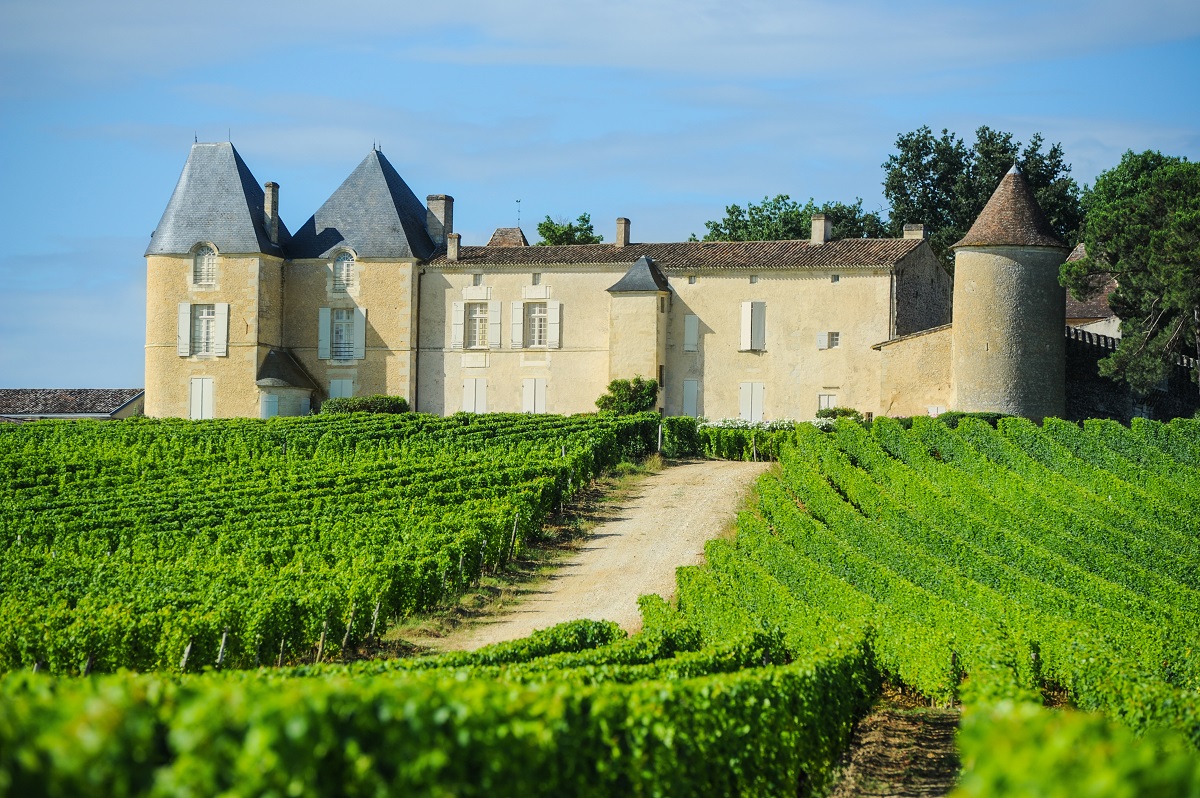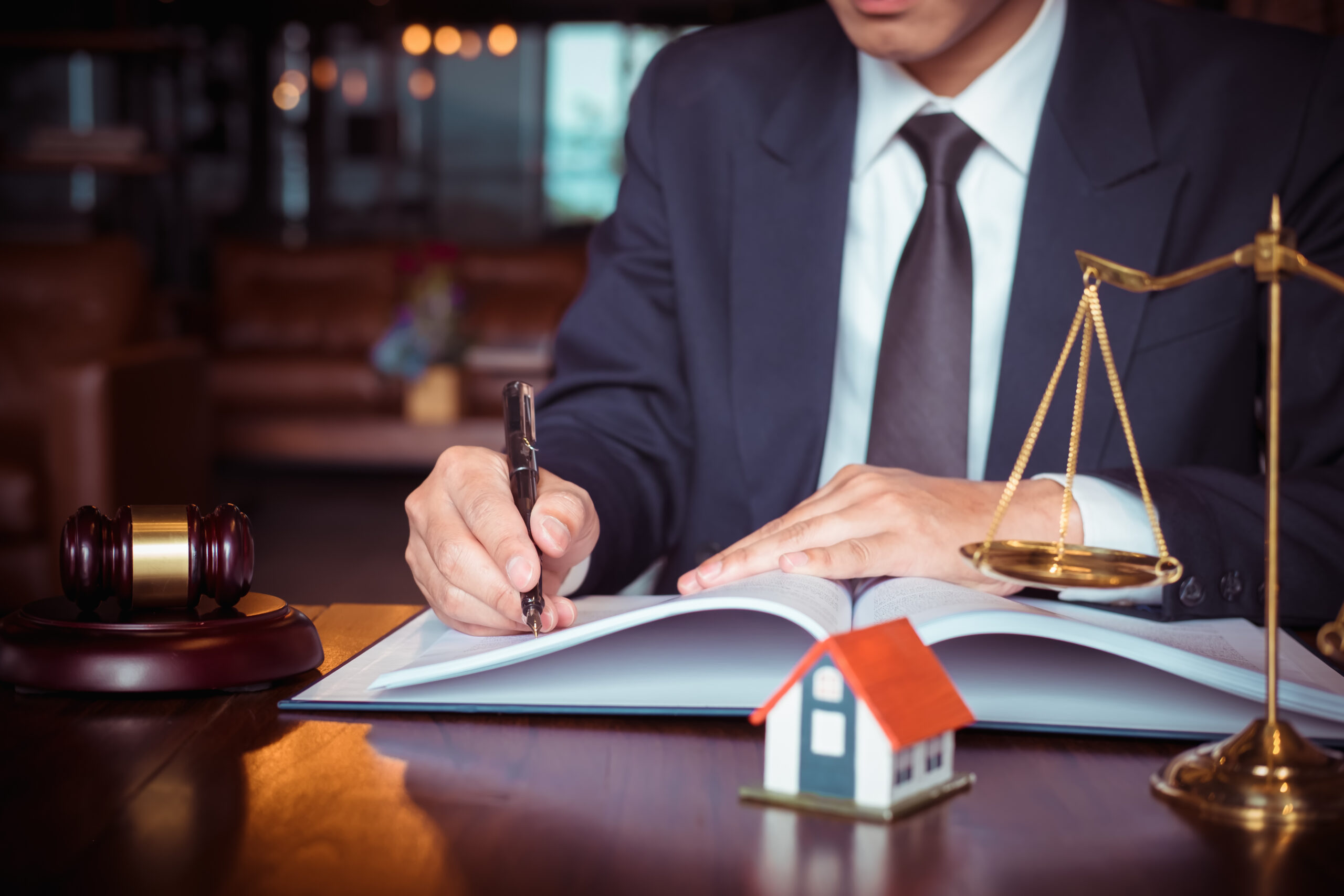Commercial permits and licenses: practical guide
Restaurant and liquor licenses are authorizations issued by the competent authorities to allow establishments to sell alcoholic beverages. These licenses are subject to strict legal rules to ensure the safety of customers and compliance with current legislation.
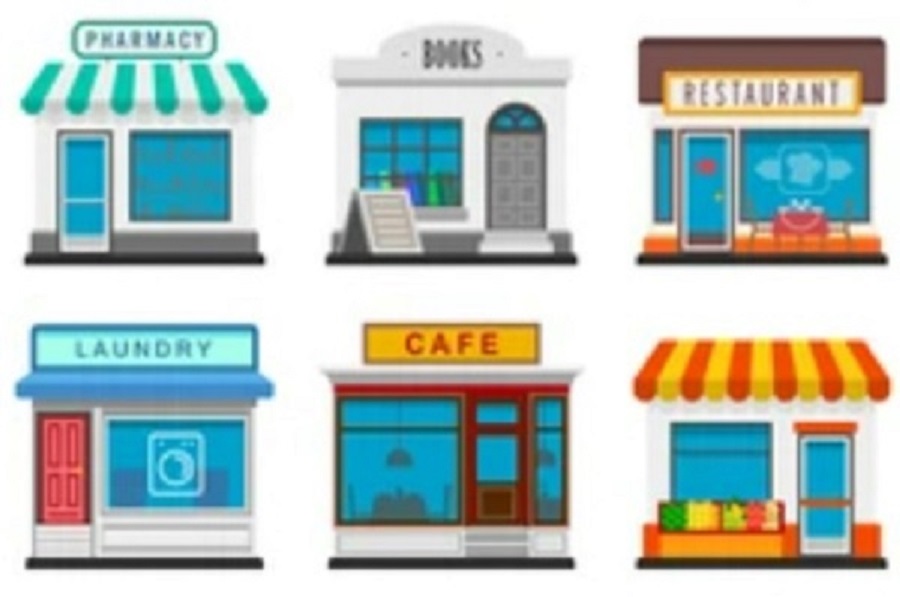
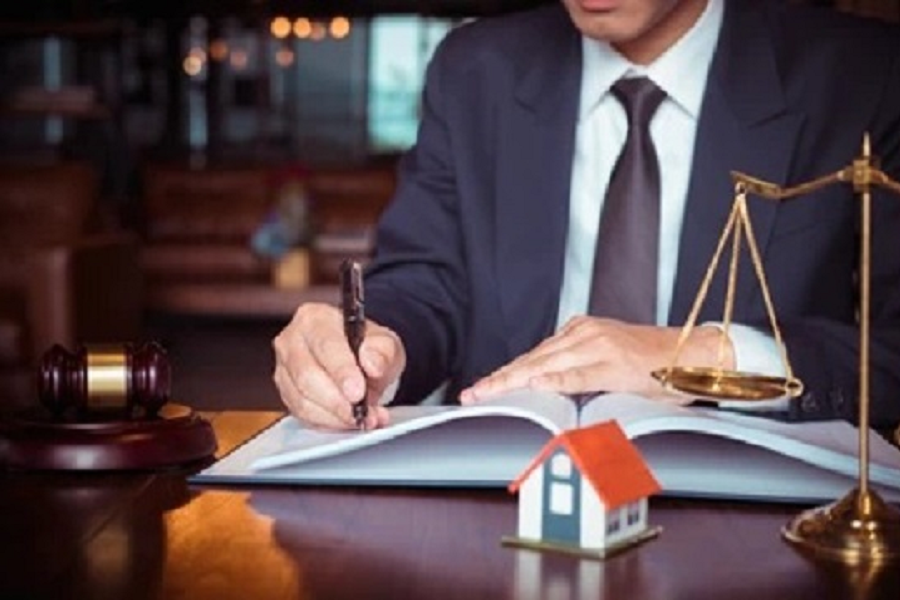
The principle of the license
It is mandatory for anyone wishing to open an establishment selling alcoholic beverages, as a main or accessory activity, to possess a corresponding license. This license can be issued for on-site sales, in establishments such as cafes, bars, pubs, nightclubs, restaurants, hotel-restaurants, bar-restaurants, or guest rooms, or for takeout sales, in supermarkets, grocery stores, wine shops, or through distance or online sales. For a bar, the sale of alcohol is a main activity, whereas for a hotel-restaurant, it is an accessory activity.
However, temporary liquor sales, such as those that take place during fairs, are not required to possess a license. In this case, authorization from the municipality may suffice.
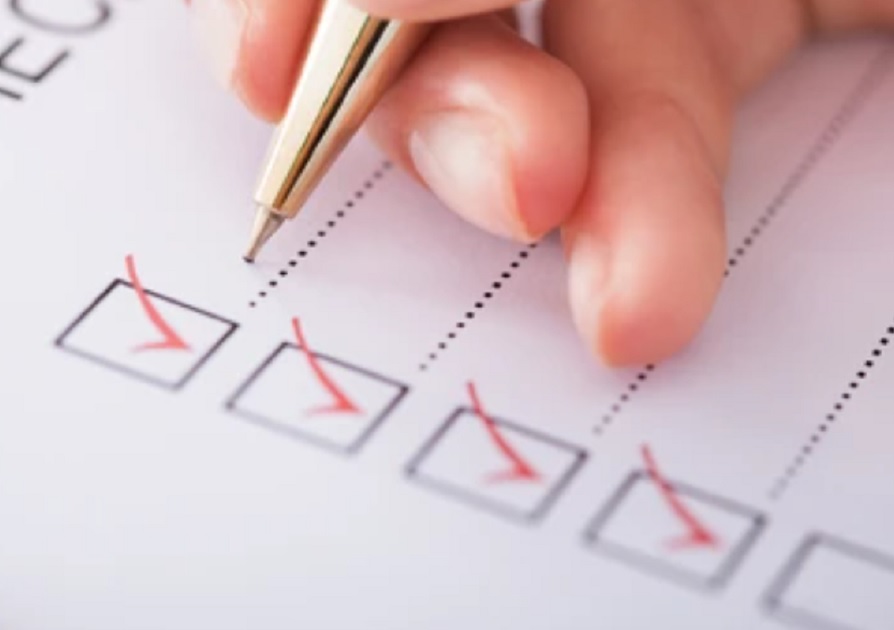
License categories
There are three different types of beverages for which specific authorizations are required. The sale of non-alcoholic beverages is free and does not require a license (formerly License I or small license). For the sale of beverages with an alcohol content below 18°, such as wine, beer, cassis cream, etc., a License III (License 3) is required. Finally, for the sale of beverages with an alcohol content above 18°, such as distilled spirits like liqueurs, rum, whiskey, etc., a License IV (License 4) is necessary.
Since January 1, 2016, the liquor licensing system has undergone significant simplification. Previously, three types of licenses were required to serve alcoholic beverages: License 2 (for fermented beverages), License 3 (for wines, liqueurs, and aperitifs containing less than 18° of alcohol), and License 4 (for all alcoholic beverages). Now, Category 2 and 3 licenses have been merged, and existing Category 2 licenses have been converted to Category 3 licenses as of right.
In addition, liquor sales can now be transferred between different establishments located in the same region, not just in the same department. This reform has allowed for administrative simplification for professionals in the sale of alcoholic beverages while ensuring compliance with current legal rules.

The restaurant license
For the sale of alcoholic beverages on-site, when they accompany meals, the restaurant owner must hold a restaurant license for all types of alcohol or a small restaurant license for the sale of exclusively wines, ciders, and beers. However, if alcohol is also offered outside of meals, as is the case in bar-restaurants, the restaurant owner must hold a License III or IV. In this case, the restaurant license or the small restaurant license is not required.
For the sale of alcoholic beverages to go, establishments holding a restaurant license or a License III or IV may sell the beverages authorized by their license. However, if the establishment exclusively sells beverages to go, such as grocery stores or online sales, it must hold either a small takeout license for the sale of cider, wine, and beer, or a Takeout License for the sale of alcoholic beverages over 18°.
It is important to note that mobile catering vendors, such as food trucks, are not allowed to sell alcoholic beverages over 18°.
Obtaining a license
To obtain a license for serving alcoholic beverages or running a restaurant, one must hold an operating permit, issued after completing a specific training and submitting a prior declaration.
The operating permit
The operating permit is a certificate proving that the future operator has completed a mandatory and specific training. This training is provided by an approved organization, which also issues the operating permit. It is essential to operate an establishment serving alcoholic beverages, particularly for Licenses III and IV.
The training covers various aspects such as prevention and fight against alcoholism, protection of minors, repression of public drunkenness, fight against noise, legislation on narcotics, and principles of civil and criminal responsibility. It is important to note that the list of approved organizations differs depending on whether the sale is made on-site or for takeaway at night.
The training lasts approximately 20 hours, or 2.5 days, and must be done in person. The operating permit is valid for 10 years and can be renewed by completing a new 6-hour training. The permit is filled out by the training organization and issued to the future operator of an establishment serving alcoholic beverages, provided that they have completed the entire training.
When opening a new establishment serving alcoholic beverages or a restaurant, or in case of mutation (change of owner or manager) or translation (transfer of the license from one location to another in the same municipality), an administrative declaration must be made. This declaration must be made at least 15 days before the event to the competent authorities.
Liquor licenses are subject to strict legal rules to ensure the safety of customers and compliance with the current legislation. Establishments holding these licenses must follow strict rules. Competent authorities may carry out regular inspections to verify that establishments comply with these rules. It is therefore advisable to be accompanied by a specialized lawyer to assist in all procedures.
About the Author :
Business lawyers, bilingual, specialized in acquisition law; Benoit Lafourcade is co-founder of Delcade lawyers & solicitors and founder of FRELA; registered as agents in personal and professional real estate transactions. Member of AAMTI (main association of French lawyers and agents).
FRELA : French Real Estate Lawyer Agency, specializing in acquisition law to secure real estate and business transactions in France.
Paris, 19 Rue du Colisee, 75008 Paris
Bordeaux, 78 Cours de Verdun, 33000 Bordeaux
Lille, 40 Theater Square, 59800 Lille



